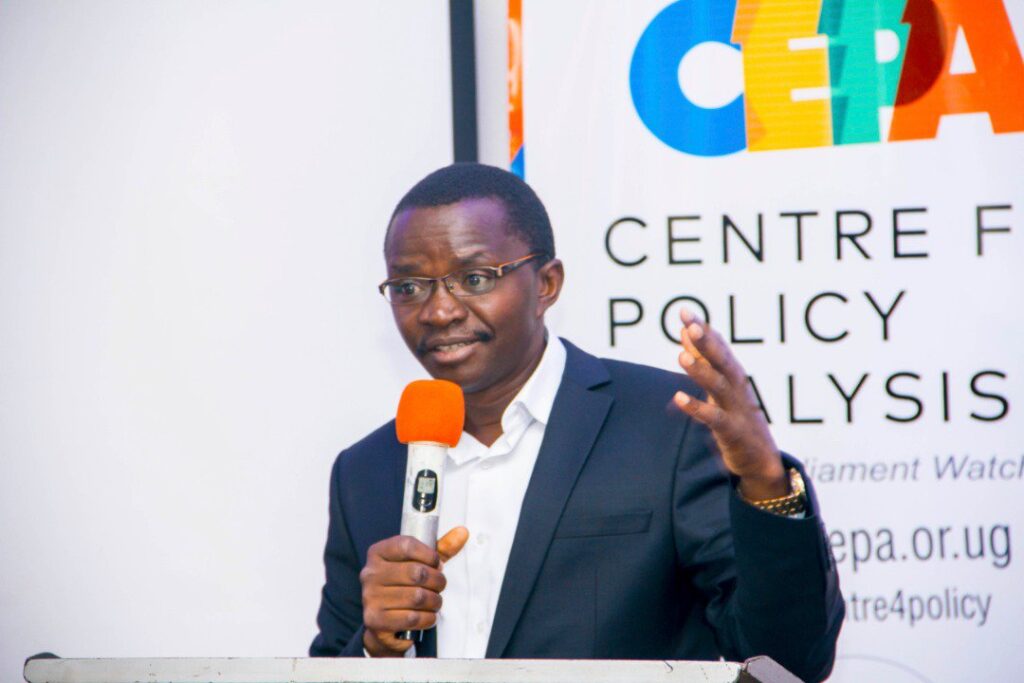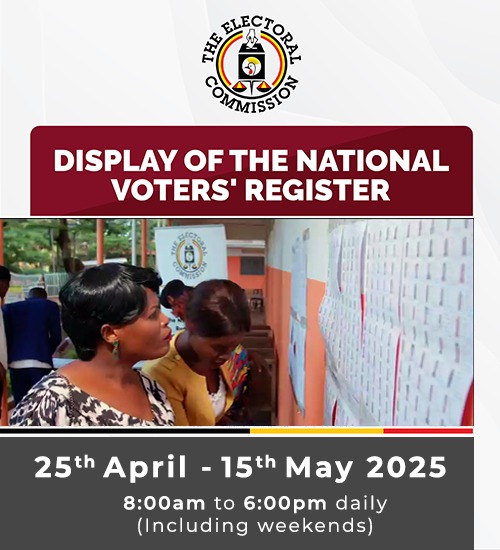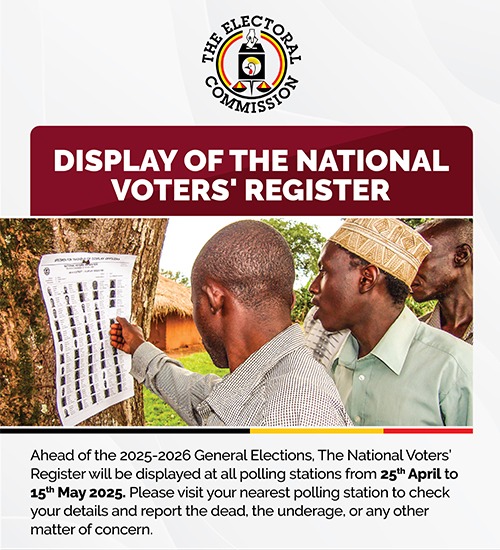By SR Rwengabo, PhD
The world’s development priorities are skewed. And this has screwed up the world. We can blame this on our elites, our leaders, and our decision-makers.
Institutional structures and elite spaces of developed countries are preoccupied more with deepening, expanding, widening, and multiplying their ability to outcompete one another in defense and military capabilities, space exploration, colonization of lucrative spaces, and retaining hegemonic control over relatively underdeveloped spaces.
They are less concerned about addressing the world’s nasty development challenges. Instead of capacitating developing countries’ ability to address the most pressing needs of their peoples, they focus on cajoling them into their strategic-ideological folds.
Instead of cooperative security arrangements, we have cut-throat competition among powers. This is as realistic as it is counterproductive.
Elite Groups, Shadow States
Developing economies, meanwhile, seem to be dominated and controlled by elite groups and shadow States that prioritize self-enrichment, suppression, and oppression.
These elites fear their citizens more than they do foreign investors; for them, empowered, informed, and wealthy citizens can be politically dangerous and overthrow them from power – which they seek to hold in perpetuity by trampling against transition opportunities and democratic accountability.
They monopolize, personalize, and stifle State and societal institutions, leading to sociopolitical stagflation and dysfunctionality. They strangle domestic invention and innovation, local intellectual property growth, technology transfers and adaptation, infrastructure development, and private sector growth, through corruption, coercion, and mismanagement of development opportunities.
Developing-world ruling classes, from Cambodia to Cameroon, from Eritrea to Ecuador, have joined global exploitative structures that supplant the remains of human dignity while thriving on multidimensional misrule.
They curtail domestic opportunities and block foreign direct investment by denying a conducive investment climate. Corruption and impunity keep them in power, which enables them to enjoy levels of affluence unimaginable within their geosocial locales.
They care less about human capital development fundamentals, such as holistic education, food and nutrition security, healthcare, and social protection, for their citizens.
These leaders abandon their citizens to survive in jungles like non-shepherded sheep while fueling elite-supported unsustainable exploitation of natural wealth.
In another words, the world’s elite classes, in both developed and developing polities, are to blame for misguided priorities and development malaise despite the technological changes that should spur development on a global scale.
Take a few examples: present-day challenges that afflict the world are intertwined: persistent poverty, recurring pandemics, climate change threats, unsustainable debt, endless and widespread conflicts, food insecurity, terrorism, and multidimensional fragility.
Skewed Prioritization
Solutions are not hard to find, but difficult to enforce, mainly because our priorities are skewed.
These crises – indeed many are at crisis levels, others at catastrophic scales, whether we talk of the war in Ukraine or between Israel and Palestine/Hamas, or the recent coups d’état in West Africa, or the conflict between China and USA – are threatening human progress in technology, transport and communication, human rights and shared ideals, and human development.
The war in Ukraine is but an example: it is a conflict between NATO and the Russian Federation, with Ukraine as a fighting ground.
Russia’s annual defense budget for 2022 (amidst a war with Ukraine), according to the Stockholm International Peace Research Institute (SIPRI), was Roubles 6,032,900,000,000 (or about US$ 65,066,255,269.20 – yes: 65 Billion). That of the USA was US$ 876,943,200,000 (yes: 0.877 Trillion) – 13.5 times that of Russia.
To give a proper perspective: the US Congressional Research Service indicates, as of November 2023, that U.S. assistance to the whole of Sub-Saharan Africa, “has generally fluctuated around US$ 8 billion annually (in inflation-adjusted dollars)”, over the past decade.
Assuming that the whole of Sub-Saharan Africa received US$ 8 billion in 2022, distribute this to the whole sub-continent. You now have an idea of how much development assistance the continent receives. Could it be that the hullaballoo about donor aid is also misleading – that too little development aid is given to Africa?
According to the UN Conference on Trade and Development (UNCTAD), “Africa loses about US$88.6 billion each year in illicit financial flows” (IFFs).
In comparison, the net bilateral overseas development aid (ODA) flows from Development Assistance Committee (DAC) countries (Australia, Austria, Belgium, Canada, Denmark, the European Union, Finland, France, Germany, Greece, Ireland, Italy, Japan, South Korea, Luxembourg, the Netherlands, New Zealand, Norway, Portugal, Spain, Sweden, Switzerland, the United Kingdom, and the United States) to Africa was US$ 34 billion in 2022.
Again, in comparison, in 2022 the USA spent US$ 62.3 billion in military aid to Ukraine alone. This expenditure is almost 96% of the whole Russian defense budget for 2022! Without bothering to ask who is fighting whom in Ukraine, and without adding other military assistance to Ukraine from other NATO and European Union members, we can see that defense competition takes precedence over efforts to fight against global hunger, poverty, pandemics, climate change, debt, other conflicts, food insecurity, terrorism, and fragility.
The same developed world cries against immigration, from the developing world into their economies. While DAC polities claim that the majority of the migrants are driven by economic and socio-political push factors, the requisite development support to spur transformation in global south economies (and thus prevent low-calibre migration to DAC countries), remains dismal.
In no way do I say that developed economies are solely responsible for the transformation of global-south economies – but I say that they cannot survive the fangs, pangs, and pains, of our underdevelopment, poverty, misery, and destitution.
Thus, instead of capacitating developing-world economies to transform their socioeconomic, infrastructural, and techno-scientific conditions, there seems to be an elite class in the developed world which reasons that retaining some parts of the world at the bottom of development serves them right. It does not.
Collective and shared prosperity is not only an ideal of developing-world economies; it is an integral constituent of shared global peace and stability that the same developed-world polities are good at expressing in their rhetoric and in the institutional-intellectual productions of many United Nations Agencies (especially UNDP), World Bank, and OECD.
Until rhetoric and practice align, match with the development focus on the global south, the definitive features of a world riddled with unequal opportunities and unequal enjoyment of the world’s wealth will continue to haunt the conscience of humanity.
Until then, Skewed Priorities Stymie Shared Prosperity in the World.
The Writer is a Political Scientist and International Consultant
Email: rweruta00@gmail.com

















